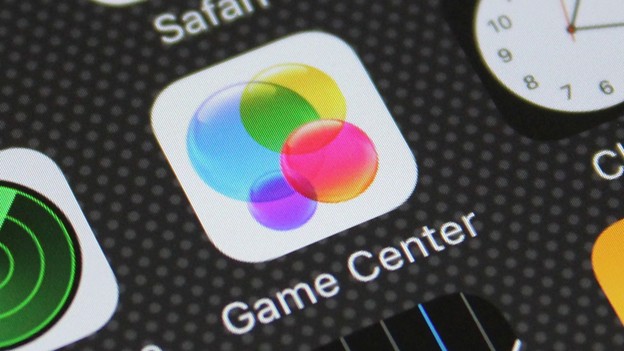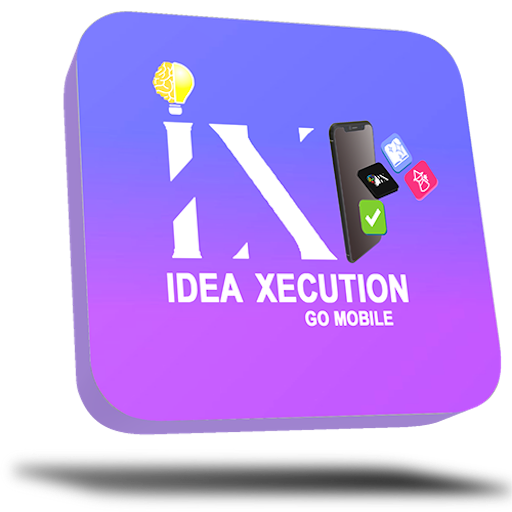
Introduction
Apple Game Center provides a robust way to integrate leaderboards, achievements, and multiplayer gaming into iOS games. While Unity offers built-in support for Game Center, sometimes it lacks flexibility for advanced use cases. In this blog post, we’ll explore why and how to implement a custom native plugin for Apple Game Center in Unity.
Why Implement a Custom Plugin for Apple Game Center in Unity?
Unity’s built-in Game Center integration may not always support:
Prerequisites
Before starting, ensure you have:
Steps to Implement a Custom Plugin for Apple Game Center :

Step 1: Enable Game Center in Xcode & Unity
a. Enable Game Center in Apple Developer Account:
b. Enable Game Center in Unity:
#import <Foundation/Foundation.h>
#import <GameKit/GameKit.h>
@interface GameCenterManager : NSObject
+ (GameCenterManager *)sharedInstance;
- (void)authenticatePlayer;
- (void)reportScore:(int64_t)score forLeaderboard:(NSString *)leaderboardID;
- (void)reportAchievement:(NSString *)achievementID percentComplete:(double)percent;
- (void)showLeaderboard:(NSString *)leaderboardID;
- (void)showAchievements;
@end
Objective-C Implementation File (GameCenterManager.m)
#import "GameCenterManager.h"
#import <GameKit/GameKit.h>
• @implementation GameCenterManager
(GameCenterManager *)sharedInstance {
static GameCenterManager *sharedInstance = nil;
static dispatch_once_t onceToken;
dispatch_once(&onceToken, ^{
sharedInstance = [[self alloc] init];
});
return sharedInstance; }
(void)authenticatePlayer {
GKLocalPlayer *localPlayer = [GKLocalPlayer localPlayer]; localPlayer.authenticateHandler = ^(UIViewController *viewController, NSError *error) { if (viewController != nil) {
[[UIApplication sharedApplication].keyWindow.rootViewController presentViewController:viewController animated:YES completion:nil];
}
else if (localPlayer.isAuthenticated)
{
NSLog(@"Player authenticated"); }
else
{ NSLog(@"Game Center Authentication failed: %@", error.localizedDescription); } };
}
(void)reportScore:(int64_t)score forLeaderboard:(NSString *)leaderboardID {
if ([GKLocalPlayer localPlayer].isAuthenticated)
{
GKScore *scoreReporter = [[GKScore alloc] initWithLeaderboardIdentifier:leaderboardID];
scoreReporter.value = score;
[GKScore reportScores:@[scoreReporter] withCompletionHandler:^(NSError *error) { if (error) {
NSLog(@"Error reporting score: %@", error.localizedDescription);
} }];
} }
• (void)reportAchievement:(NSString *)achievementID percentComplete:(double)percent {
if ([GKLocalPlayer localPlayer].isAuthenticated)
{
GKAchievement *achievement = [[GKAchievement alloc] initWithIdentifier:achievementID];
achievement.percentComplete = percent;
[GKAchievement reportAchievements:@[achievement] withCompletionHandler:^(NSError *error)
{ if (error) {
NSLog(@"Error reporting achievement: %@", error.localizedDescription);
} }];
} }
(void)showLeaderboard:(NSString *)leaderboardID
{
GKGameCenterViewController *gcViewController =
[[GKGameCenterViewController alloc] init]; gcViewController.viewState = GKGameCenterViewControllerStateLeaderboards; gcViewController.leaderboardIdentifier = leaderboardID; gcViewController.gameCenterDelegate = (id)
[UIApplication sharedApplication].keyWindow.rootViewController; [[UIApplication sharedApplication].keyWindow.rootViewController presentViewController:gcViewController animated:YES completion:nil];
}
(void)showAchievements {
GKGameCenterViewController *gcViewController = [[GKGameCenterViewController alloc] init];
gcViewController.viewState = GKGameCenterViewControllerStateAchievements; gcViewController.gameCenterDelegate = (id)
[UIApplication sharedApplication].keyWindow.rootViewController; [[UIApplication sharedApplication].keyWindow.rootViewController presentViewController:gcViewController animated:YES completion:nil];
}
@end
Step 3: Create C# Wrapper in Unity
Create a C# script (GameCenterManager.cs) inside Unity.
using System; using System.Runtime.InteropServices; using UnityEngine;
public class GameCenterManager : MonoBehaviour { [DllImport("__Internal")] private static extern void _AuthenticatePlayer();
[DllImport("__Internal")]
private static extern void _ReportScore(long score, string leaderboardID);
[DllImport("__Internal")]
private static extern void _ReportAchievement(string achievementID, double percentComplete);
[DllImport("__Internal")]
private static extern void _ShowLeaderboard(string leaderboardID);
[DllImport("__Internal")]
private static extern void _ShowAchievements();
public static void AuthenticatePlayer()
{
if (Application.platform == RuntimePlatform.IPhonePlayer)
{
_AuthenticatePlayer();
}
}
public static void ReportScore(long score, string leaderboardID)
{
if (Application.platform == RuntimePlatform.IPhonePlayer)
{
_ReportScore(score, leaderboardID);
}
}
public static void ReportAchievement(string achievementID, double percentComplete)
{
if (Application.platform == RuntimePlatform.IPhonePlayer)
{
_ReportAchievement(achievementID, percentComplete);
}
}
public static void ShowLeaderboard(string leaderboardID)
{
if (Application.platform == RuntimePlatform.IPhonePlayer)
{
_ShowLeaderboard(leaderboardID);
}
}
public static void ShowAchievements()
{
if (Application.platform == RuntimePlatform.IPhonePlayer)
{_ShowAchievements(); } } }
Step 4: Call Plugin from Unity
Inside your Unity script (GameManager.cs), call Game Center functions like this:
void Start()
{
GameCenterManager.AuthenticatePlayer();
}
// Report Score public void SubmitScore(long score) { GameCenterManager.ReportScore(score, "leaderboard_ID_here");
}
// Report Achievement public void UnlockAchievement(string achievementID) { GameCenterManager.ReportAchievement(achievementID, 100.0);
}
// Show Leaderboard public void ShowLeaderboard() { GameCenterManager.ShowLeaderboard("leaderboard_ID_here");
}
// Show Achievements public void ShowAchievements() { GameCenterManager.ShowAchievements();
}
Step 5: Build & Test
Reference : Apple GameKit Documentation
Conclusion
By implementing a custom Game Center plugin, we gain more control over authentication, leaderboards, and achievements in Unity. This approach provides better flexibility and customization for iOS games, ensuring a smooth gaming experience.
